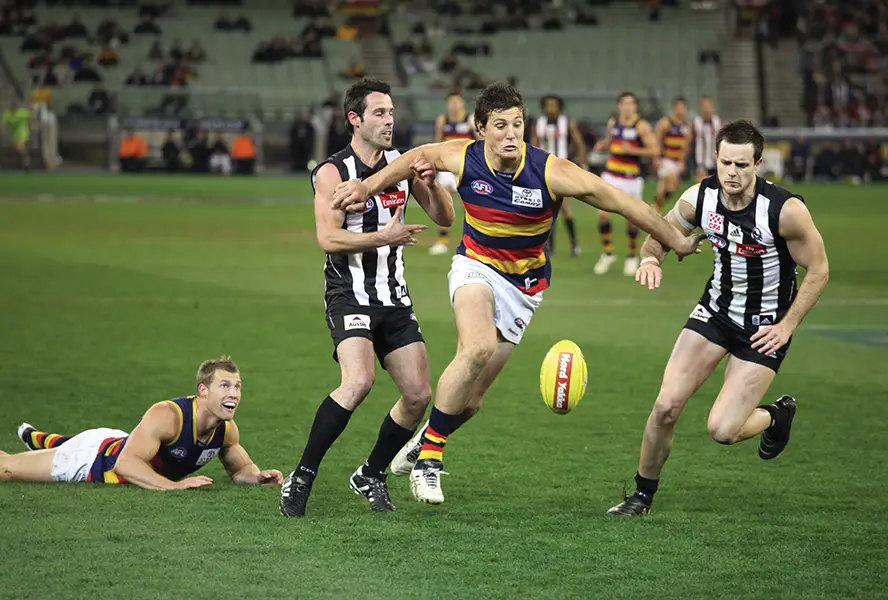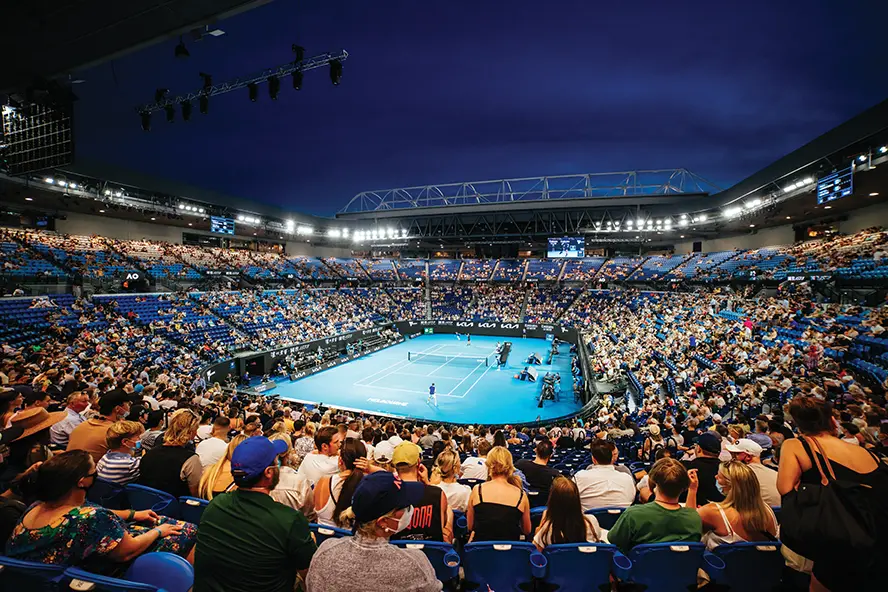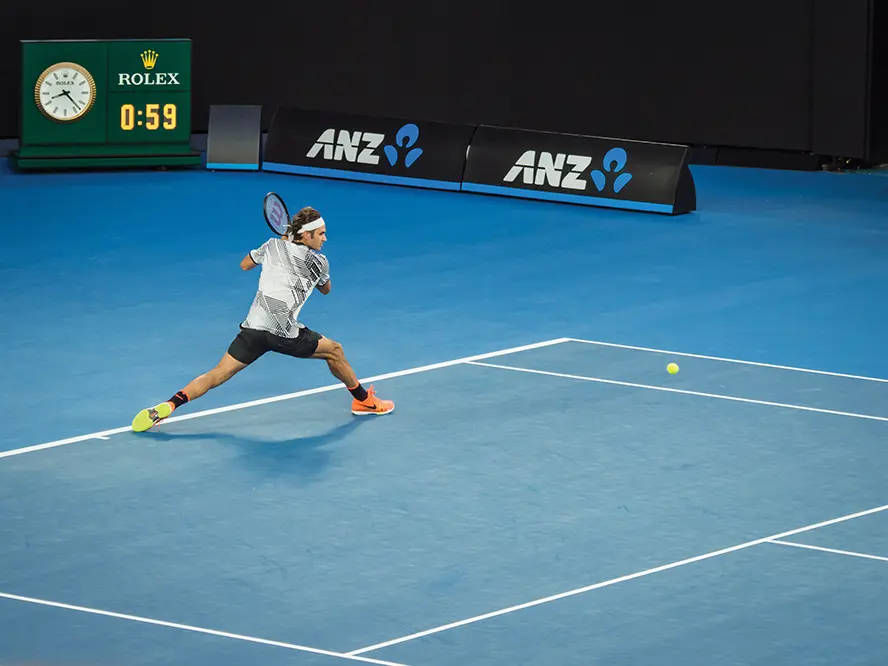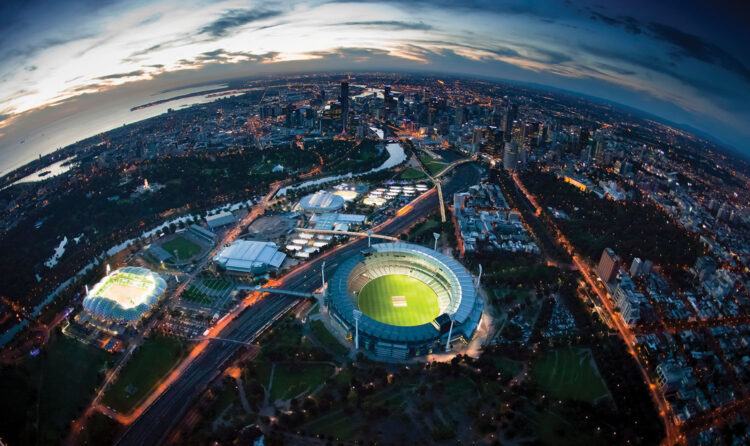Peter Cohen, former Executive Commissioner and CEO of the Victorian Commission for Gambling Regulation, takes a look at Victoria’s unique regulatory model for sports betting and why it has been crucial in maintaining the integrity of sport in the southern Australian state.
Sports betting has been legal in Australia for over 40 years. Initially only available in retail premises and through telephone betting, online sports betting has grown exponentially over the last 20 years.
 Most regulatory models around the world attempt to protect sports and sports betting by monitoring the results of sporting events or individual plays within events. This is fundamentally an “after the event” form of managing risk. In the Australian state of Victoria, an alternative approach is being taken.
Most regulatory models around the world attempt to protect sports and sports betting by monitoring the results of sporting events or individual plays within events. This is fundamentally an “after the event” form of managing risk. In the Australian state of Victoria, an alternative approach is being taken.
Since 2008, Victoria has been using a regulatory framework which puts in place measures to reduce the risk of corruption occurring in the first place. The Victorian model enhances not only the integrity of betting, but also the integrity of the sports upon which bets are placed. The model has four integrated components.
First, Victoria’s gaming regulator has to determine whether to approve a sport as suitable for betting. It will only do this if the sport has manageable integrity risks, the sporting events are administered by organizations capable of enforcing rules to ensure the integrity of the sporting events, and if betting on that sport would not be considered offensive or contrary to the public interest.

Secondly, the scheme motivates sports to be active in managing the risk of corruption. A sport can have its head office, for want of a better expression, approved by the Victorian gaming regulator as a “sports controlling body” but only if it has put in place adequate integrity procedures and it has shown it will act on integrity concerns. Examples of expected integrity procedures include (a) a ban on all players, club officials, referees and player managers from placing bets on their sport, and (b) sports having documented rules of games which clarify how results are determined. At first blush, this seems obvious. What is necessary, though, is for there to be clear rules for unusual or unexpected circumstances. For example, how is a result determined if the lights go out during an outdoor night match, or if the weather intervenes, or if there is a pitch invasion? Does it make a difference if the game has just started or was just about to finish?
Thirdly, once approved as a sports controlling body – and the Victorian gaming regulator has approved 13 sports controlling bodies – licensed betting companies must have the sport’s approval before offering bets on that sport’s product. To get that approval, sports compel licensed betting companies to agree to integrity procedures such as exchange of information about suspicious betting patterns. Betting companies are also required to monitor the betting activities of the sports’ players, club officials, referees and player managers. Furthermore, the sports also require the betting companies to pay a fee which is used to help fund the sports’ integrity management costs. If the sports controlling body and a betting company cannot come to a suitable agreement, the betting company can ask the Victorian gaming regulator to intervene. This provision prevents sports entering into exclusive arrangements with one betting company.
 Fourthly, approved sports controlling bodies can restrict betting on options they consider to be too risky from an integrity point of view or because it would not be in the public interest. Examples of a betting market which would be considered to be not in the public interest might be betting on player injuries. The Victorian gaming regulator also has the power to ban particular contingencies, but to date has not had to intervene because the sports are managing this aspect satisfactorily.
Fourthly, approved sports controlling bodies can restrict betting on options they consider to be too risky from an integrity point of view or because it would not be in the public interest. Examples of a betting market which would be considered to be not in the public interest might be betting on player injuries. The Victorian gaming regulator also has the power to ban particular contingencies, but to date has not had to intervene because the sports are managing this aspect satisfactorily.
Does the scheme work? Absolutely. It eliminates most illegal sports betting as there is no need for it. The integrity of sport is enhanced. And the betting companies contribute to the costs of integrity management by the sports. There have been a number of instances where the betting companies have identified people banned from betting by their sport who have nevertheless foolishly placed bets. This information has been conveyed to the relevant sports controlling bodies. The sports then implement their internal integrity procedures which usually results in those players or officials being banned from the sport for a period of time.
Should a sports controlling body not take suitable action, the Victorian gaming regulator can intervene and strip the sports controlling body of its approved status. This has never been required, but should it happen, the sport involved would lose the legal protection which mandates that betting companies enter into agreements with the sports controlling body. If that were to occur, the sports controlling body could lose a valuable income stream.
 This regulatory scheme is catching corrupt practices which were previously happening but not detected. As a consequence, players and officials are now being publicly identified as having illegally placed bets. While the resulting publicity unfortunately gives the false impression that there is increased corruption in sport and sports betting, it also helps remind players and officials that if they bet on their own sport they will be caught and punished. Of course, the publicity also provides those who like to bet with confidence that the sport they choose to bet on has measures in place to prevent corruption.
This regulatory scheme is catching corrupt practices which were previously happening but not detected. As a consequence, players and officials are now being publicly identified as having illegally placed bets. While the resulting publicity unfortunately gives the false impression that there is increased corruption in sport and sports betting, it also helps remind players and officials that if they bet on their own sport they will be caught and punished. Of course, the publicity also provides those who like to bet with confidence that the sport they choose to bet on has measures in place to prevent corruption.
And perhaps most importantly the Victorian regulatory model gives those who watch sport purely for the enjoyment of the contest confidence that the sport is being played in the way it was always intended.




























